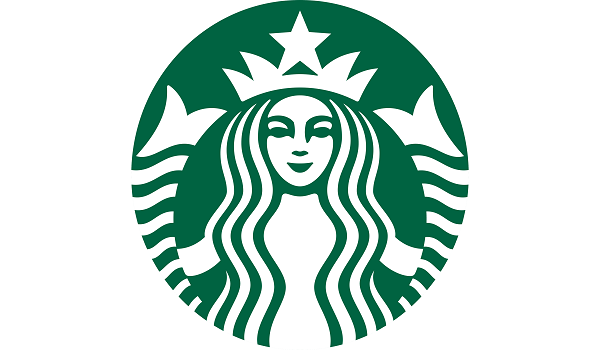In a bid to outpace the growing competition in India’s coffee cafe chain market, Starbucks is strategically focusing on rapid expansion and affordability. According to Sunil D’Souza, the managing director of Tata Consumer Products, Starbucks aims to rapidly increase its footprint in the country while ensuring affordability for its customers.
D’Souza highlighted the intensified competition in the Indian market, acknowledging the presence of at least half-a-dozen new players in the coffee cafe chain industry. Despite this, he emphasized Starbucks’ commitment to expanding quickly and efficiently.
Currently operating 370 stores across 49 cities in India, Starbucks plans to add 80–100 new stores in the current financial year, a notably accelerated pace compared to previous expansion rates. D’Souza expressed optimism about the growth potential in the cafe space, citing the continuous expansion of the coffee market and the flattening trend in tea consumption.
In response to increased competition, Starbucks introduced smaller-sized, lower-priced drinks in June, aiming to capture a larger market share, especially in Tier 2 and Tier 3 markets.
The coffee cafe franchise market in India is experiencing robust growth, outpacing quick-service restaurants (QSRs), particularly due to demand from younger, aspirational consumers. According to a Statista Research report, the market is estimated at ₹4,500 crore, growing at a rate of 8–9% annually.
Tata Starbucks, a joint venture between the Tata Group and Starbucks, sees India as a core growth market, with sales crossing ₹1,000 crore in the fiscal year 2022–23. D’Souza highlighted the fundamental role of out-of-home coffee consumption, driven by GDP growth, rising disposable incomes, and increasing consumer aspirations.
The coffee market’s growth trend is not limited to major metros, as smaller cities also witness an uptick. Investors are showing interest in new cafe chains, with Blue Tokai Coffee Roasters securing $30 million in funding and Third Wave Coffee Roasters raising $20 million in recent financing rounds.
To further enhance its market presence, Starbucks is strategically establishing stores along highways, recognizing the potential of attracting customers during their travels. D’Souza explained that this approach aligns with the mindset of people on the move and makes sense from a profit-and-loss perspective.
In summary, Starbucks in India is brewing a combination of aggressive expansion and affordability strategies to maintain its position amid heightened competition and tap into the growing demand for coffee consumption in the country.


